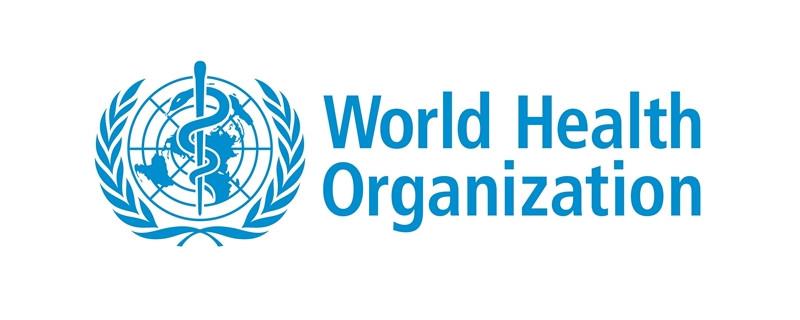The International Agency for Research on Cancer (IARC), a specialized agency of the World Health Organization (WHO), has made an announcement stating that aspartame, an artificial sweetener extensively utilized in diet beverages and low-sugar products, may have the potential to contribute to the development of cancer.
Cancer stands as one of the primary causes of death worldwide, with a significant impact on global mortality rates. Shockingly, statistics indicate that approximately 1 in 6 individuals succumb to cancer each year.
According to a press statement made available to newsmen, it is narrated that the IARC classified aspartame as possibly carcinogenic to humans on the basis of limited evidence for cancer in humans, specifically hepatocellular carcinoma, which is a type of liver cancer.
“There was also limited evidence for cancer in experimental animals and limited evidence related to the possible mechanisms for causing cancer,” it read in part.
WHO agency has affirmed that aspartame remains safe for consumption as long as it falls within the recommended daily limit of 40 milligrams per kilogram of an individual’s body weight.
To provide an illustration, a can of diet soda typically contains around 200 or 300 mg of aspartame. Thus, an adult weighing 70 kg would need to consume more than 9–14 cans per day to surpass the acceptable daily intake, assuming they do not consume aspartame from any other food sources.
“The assessments of aspartame have indicated that, while safety is not a major concern at the doses which are commonly used, potential effects have been described that need to be investigated by more and better studies,” the Director of the Department of Nutrition and Food Safety, WHO, Dr Francesco Branca said.
Dr. Mary Schubauer-Berigan, an official associated with the IARC Monographs program, has underscored that the classification of aspartame as a potential carcinogen is grounded in limited evidence.
The Joint Expert Committee on Food Additives also considered the evidence on cancer risk, from animal and human studies, and concluded that the evidence of an association between aspartame consumption and cancer in humans is not convincing.
WHO’s Head of the Standards and Scientific Advice on Food and Nutrition Unit, Dr. Moez Sanaa said, “We need better studies with longer follow-up and repeated dietary questionnaires in existing cohorts. We need randomised controlled trials, including studies of mechanistic pathways relevant to insulin regulation, metabolic syndrome, and diabetes, particularly as related to carcinogenicity.”
The IARC and JECFA evaluations of the impact of aspartame were based on scientific data collected from a range of sources, including peer-reviewed papers, governmental reports, and studies conducted for regulatory purposes.
To ensure the credibility and impartiality of their evaluations, the studies have undergone rigorous scrutiny by independent experts.
Both committees have implemented measures to guarantee the independence and reliability of their assessments, reinforcing their commitment to maintaining scientific integrity throughout the evaluation process.
Additionally, the statement highlighted that both the IARC and WHO will persistently monitor emerging evidence and actively promote independent research groups to conduct further studies regarding the potential link between aspartame exposure and its impact on consumer health. This reflects their commitment to staying updated and informed about any developments in this area.



